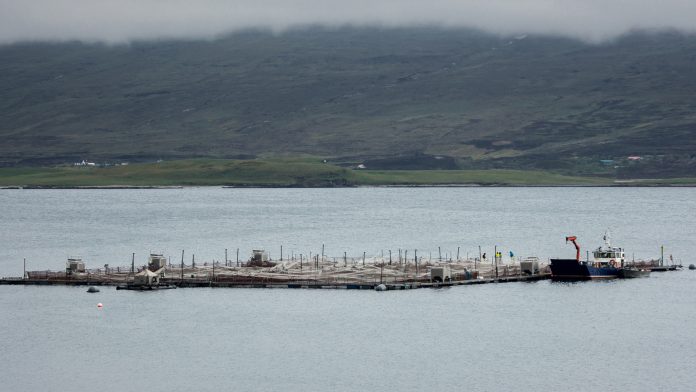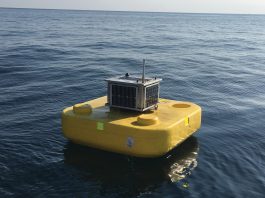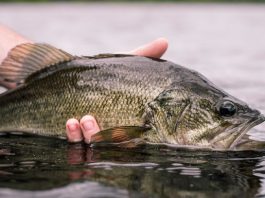The former Scottish Aquaculture Innovation Centre has announced a new strategic focus and an expanded geographical reach as it re-brands to the Sustainable Aquaculture Innovation Centre.
The transition reflects the Sustainable Aquaculture Innovation Centre’s alignment with supporting a green recovery from the COVID-19 pandemic, prioritised by the Scottish and UK governments, as well as the wider international community. It has also been instigated by the global aquaculture sector’s increasing drive to enhance sustainability through technological innovation and new ways of working.
The Sustainable Aquaculture Innovation Centre (SAIC) will actively target future funding calls at sustainability initiatives within its priority research areas. Previously, these have included enhancing fish farming’s impact on seabeds, reducing the need for pharmaceutical treatments, developing new raw materials for feed, and reducing or eliminating waste.
Heather Jones, CEO of SAIC, said: “SAIC’s re-brand is a lot more than just a change of name – it’s a reflection of the times we live in and the opportunity our sector has in front of it. Sustainable aquaculture has so much to contribute to an uncertain world facing a range of challenges, not least the climate crisis and delivering a green economic recovery from COVID-19. There is a great deal of untapped potential to increase farmed fish and shellfish production, providing responsibly sourced, high-quality, healthy protein to the world’s growing population and supporting skilled jobs.”
Scotland’s growing aquaculture industry
Over the past few years, the quality of Scotland’s aquaculture expertise and research has seen it attract interest and investment from across the world. As a result, SAIC’s membership base has grown rapidly since the beginning of 2020 – increasing by more than a quarter, with nearly 40% of the consortium based outside of Scotland.
In December 2020, SAIC announced it had coordinated £2.2m from academia, businesses, and its own investment to fund sustainability-focused projects. The initiatives range from measures to enhance fish health and wellbeing to improvements to environmental sensing technology.
Jones said: “We are still highly committed to Scotland and will build on the millions of pounds we have invested, in partnership with our members, in dozens of projects in Scotland since 2014. But our reach and ambition are wider – our membership is growing in geographic diversity, while our board and scientific panel have experience in dozens of countries. We have helped draw down funding from the UK, Europe, and further afield, to help take on the challenges that are common across aquaculture markets – exporting Scotland’s skills, knowledge, and technology across the world.”





